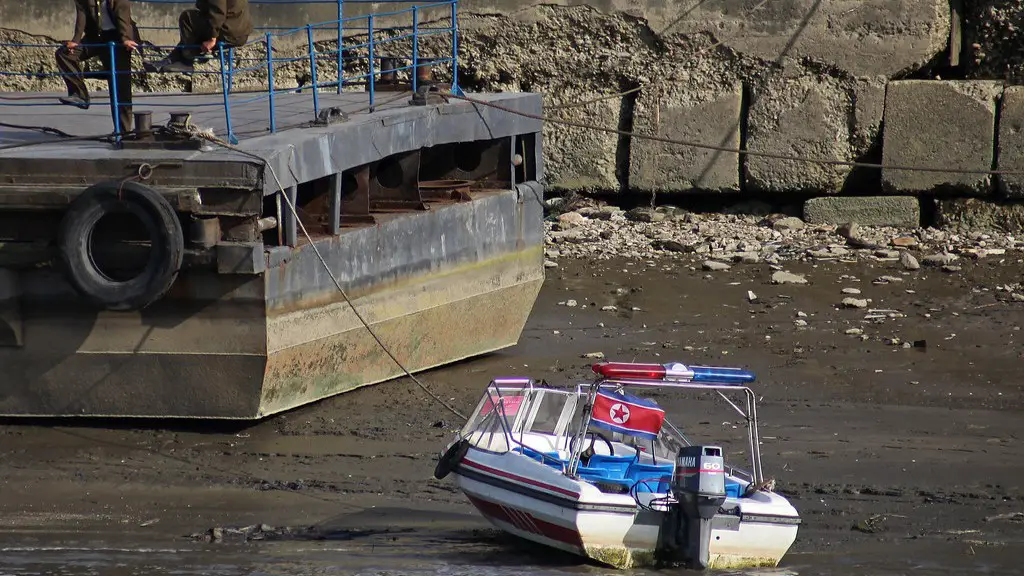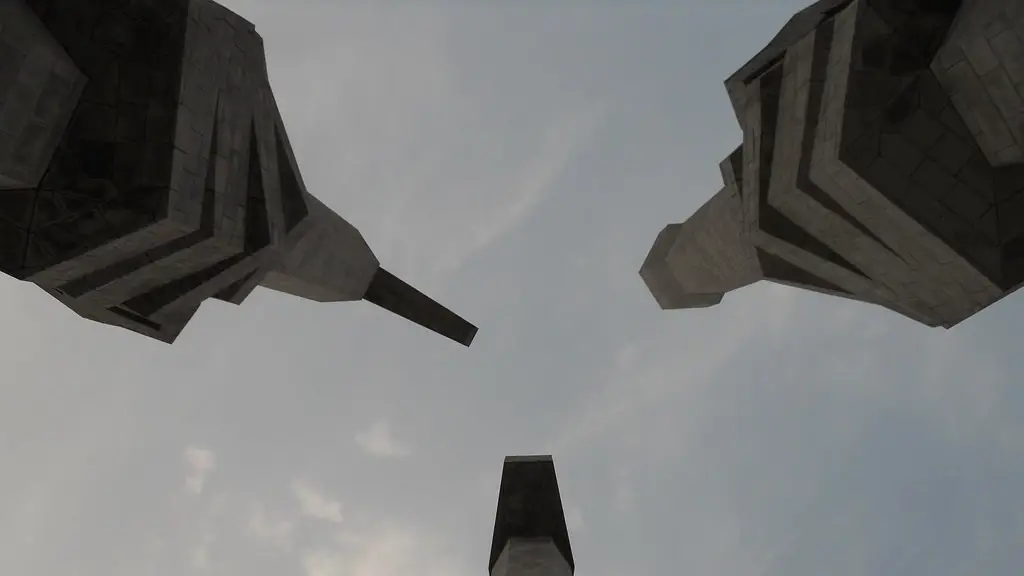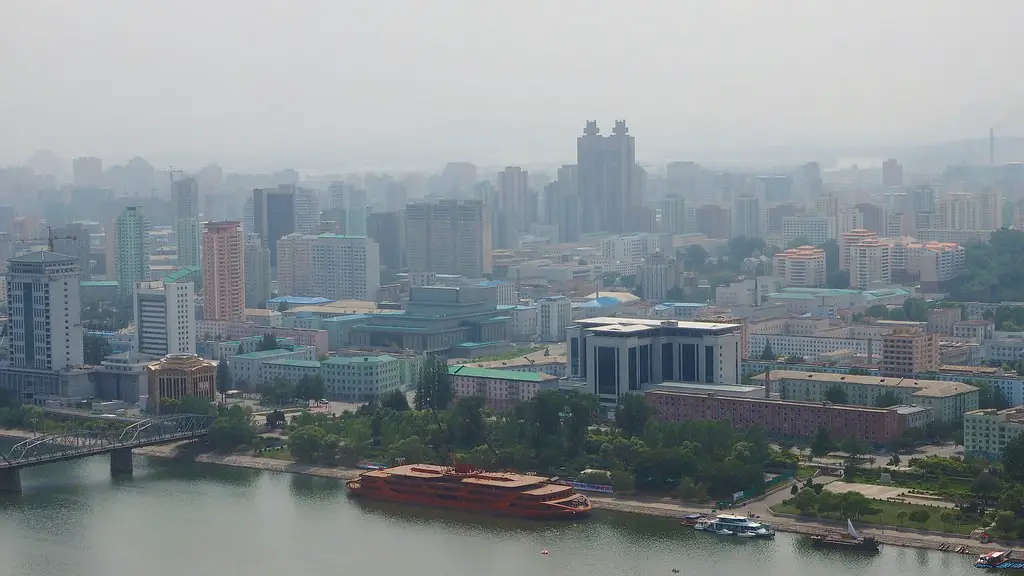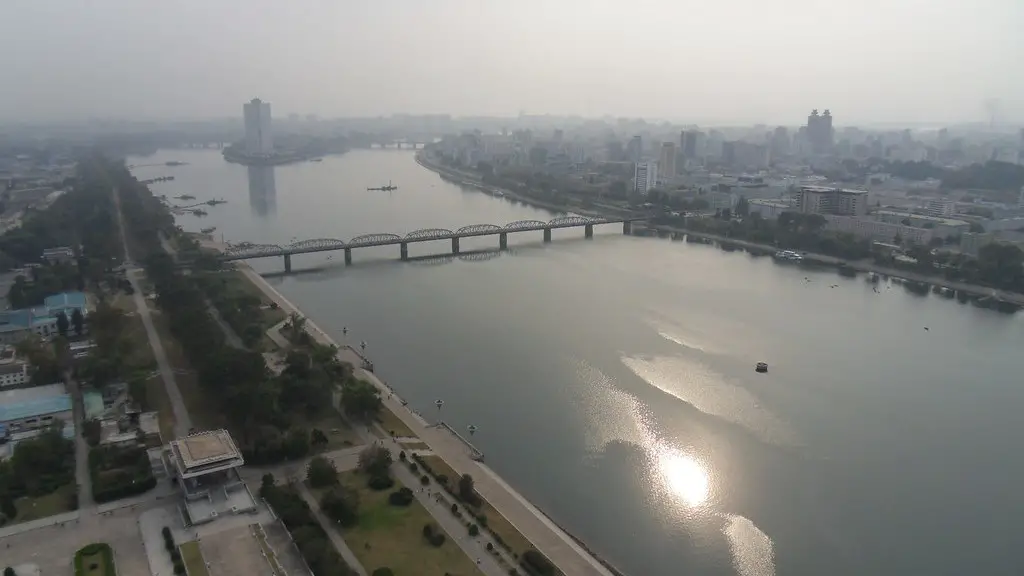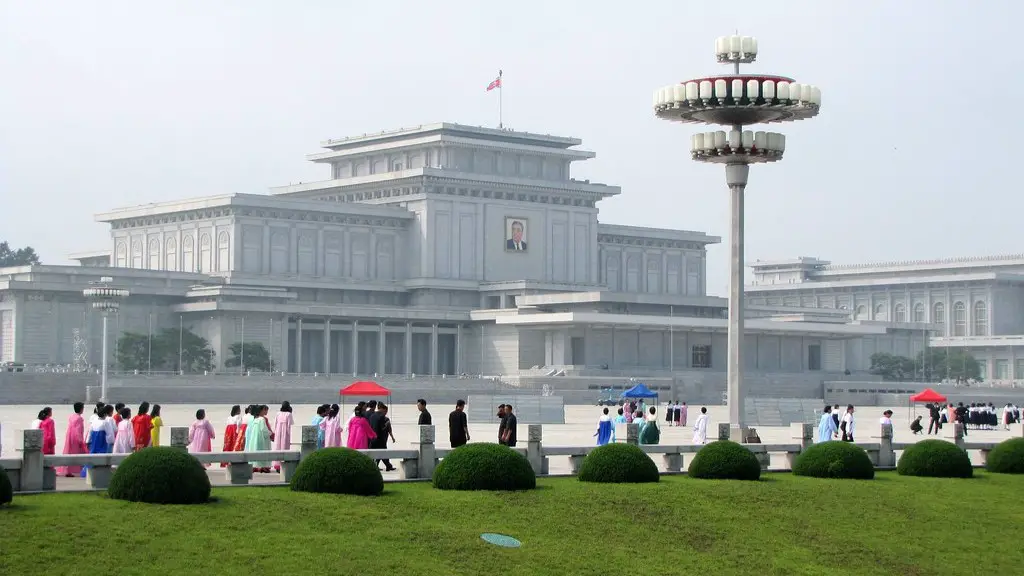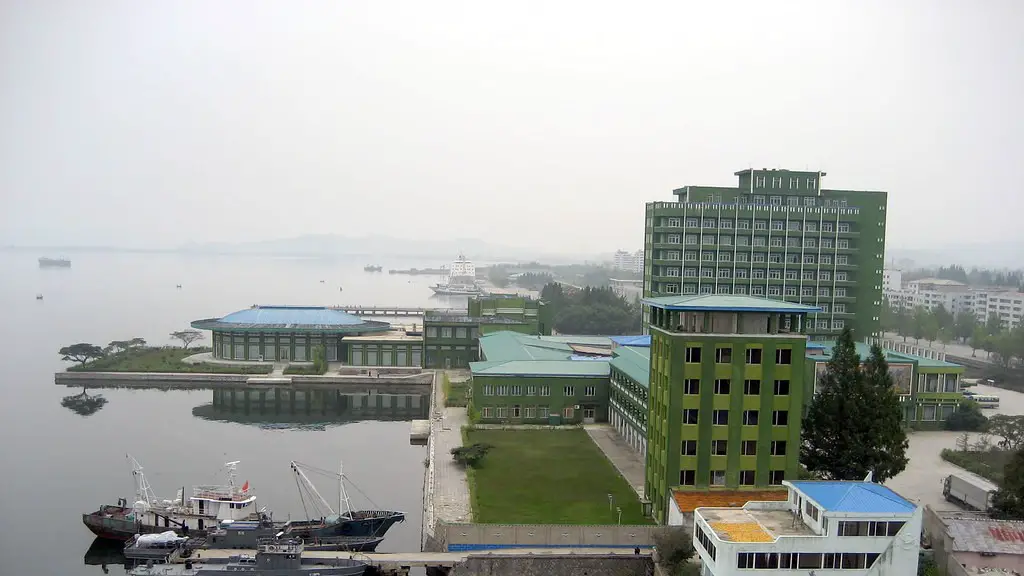The world has been on high alert at the thought of nuclear warfare with North Korea for over two decades. How can we defend against North Korea, a country that has already developed nuclear weapons and ballistic missiles? In the face of such a large threat, what can the international community do to protect itself?
The latest missile tests undertaken by North Korea have raised new questions about Pyongyang’s capabilities. North Korea insists that it is only attempting an ‘act of self-defence’ against American aggression, but the international community is sceptical. Many countries fear that if North Korea is allowed to keep developing this technology, that it could eventually be used as a weapon against them.
The United Nations Security Council (UNSC) has imposed a series of sanctions on North Korea in an effort to curb its weapons development. The sanctions blocked trade, financial services and goods from entering the country, with the hope of bringing Pyongyang to the negotiating table with the US and other world powers. But despite these restrictions, the country has still been able to increase its ballistic missile repertoire and strengthen its nuclear deterrent.
Experts believe that the best way to defend against North Korea is to strengthen international diplomatic ties. This means encouraging more dialogue between North Korea and the international community, as well as increasing economic ties with the hermit state. These diplomatic efforts could help to build trust between North Korea and its neighbours, as well as persuade Pyongyang to reduce its weapons development.
It is also important to foster military cooperation through joint exercises and operations. Nations such as the US, South Korea and Japan could work together to protect their citizens and deter any potential aggression from North Korea. Such a show of solidarity would help to reduce tensions in the region, while at the same time reassuring all countries that they are safe from North Korea’s nuclear weapons.
Finally, the international community should use its economic power to pressure North Korea. Countries such as China, which has strong economic ties with Pyongyang, should use their resources to convince North Korea to cease its weapons development. This could involve offering the country economic incentives in exchange for reducing its missile and nuclear capabilities.
Diplomatic Pressure
The international community must exert diplomatic pressure on North Korea to get them to begin negotiations and ultimately, reduce their weapons. These diplomatic efforts could include applying more sanctions, as well as engaging in more talks with North Korea. It is also important to build trust between all the countries in the region, in order to come to a peaceful resolution.
The US has been engaged in a series of negotiations with North Korea, but these have not yielded positive results so far. To increase the chances of success, Washington should seek the cooperation of other countries, including China, South Korea and Japan. Only once these countries work together will a diplomatic solution be possible.
Furthermore, the UNSC has been supportive of diplomatic initiatives and has imposed sanctions, while also encouraging North Korea to comply with UN resolutions. However, the effectiveness of these measures is yet to be seen and it is unclear whether Pyongyang will respond positively.
Ultimately, diplomatic pressure is the only way to succeed in bringing about peace and disarmament. Nations must come together in order to make progress, and must be willing to compromise for the sake of global security.
Systems of Defence
The US and its allies have installed a series of systems to defend against an attack from North Korea. These include the Terminal High Altitude Area Defence (THAAD) system in South Korea, which is designed to intercept and destroy incoming missiles.
The US has also stationed military forces in the region to help protect its allies and deter any potential aggression from North Korea. This includes a naval presence in the Sea of Japan and air-bases throughout the region.
The US and its allies also have missile defence systems in place, such as the Ground Based Midcourse Defence (GMD) system, which is designed to intercept intercontinental ballistic missiles in midflight. This system has been tested several times and is highly effective.
Furthermore, the US has deployed the Aegis Ballistic Missile Defence System in Japan and the ship-based systems are designed to shoot down missiles in midcourse. The US also has a significant number of Patriot anti-missile batteries along the Korean peninsula.
It is clear that the US is taking the threat from North Korea seriously, and is making a concerted effort to defend itself and its allies in the region.
The Role of the US
The US has been at the forefront of efforts to contain North Korea and protect its citizens and allies. Washington has implemented unilateral sanctions, as well as an economic embargo on North Korea, in response to its nuclear programme.
The US has also made clear its commitment to defending its allies in the region, and has reached agreements with South Korea and Japan to provide further security assistance. This includes military support, such as providing troops and equipment, as well as diplomatic support, such as engaging in more talks with Pyongyang.
Washington has also made it clear that it is willing to use military force, if necessary, to defend its allies in the region. President Trump has stressed that ‘all options are on the table’ when it comes to North Korea and its weapons programme, and the US is ready to act if necessary.
Finally, the US has sought to strengthen international cooperation in order to contain North Korea. This involves working with the UNSC and other countries in the region, as well as engaging in more dialogue with Pyongyang.
The Role of Other Nations
Despite the US’ efforts to contain the North Korean threat, other countries must also play a role if the situation is to be resolved. China, in particular, is an important player in this situation, due to its economic ties with North Korea.
China has been closely involved in the issues between the US and North Korea, by working together with other countries to come to a peaceful resolution. Beijing has also imposed sanctions on North Korea, in an effort to get them to comply with UN resolutions.
Russia too has a significant role to play in the situation. Moscow has repeatedly voiced its support for a diplomatic solution, and has endorsed the UN Security Council’s resolutions on North Korea. Additionally, Russia has also negotiated with Pyongyang to reduce the risk of military conflict in the region.
The role of South Korea should also not be underestimated. The South Korean government has sought to engage in more dialogue with North Korea and encourage a peace process. This includes a series of talks and joint exercises between the two nations.
Ultimately, it is clear that North Korea is a threat to the international community, and that all countries must cooperate in order to contain the threat. Only then can the world be assured of its safety.
